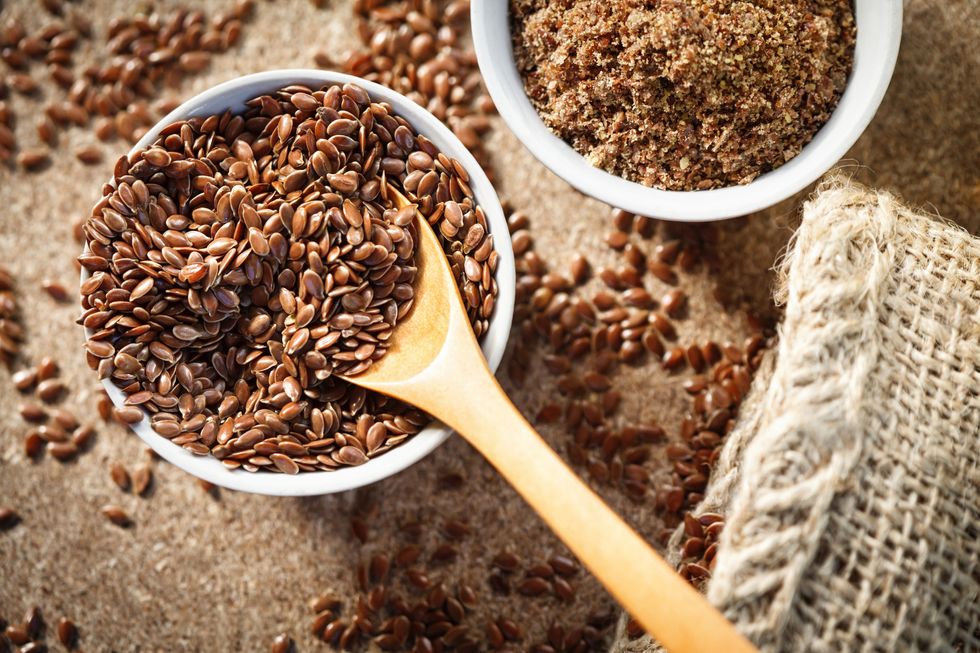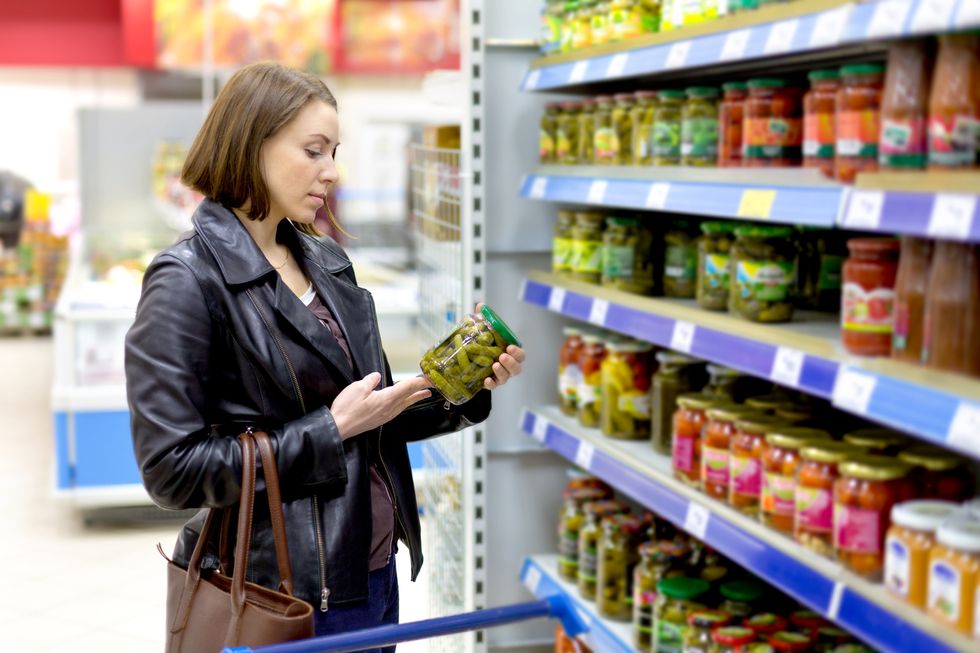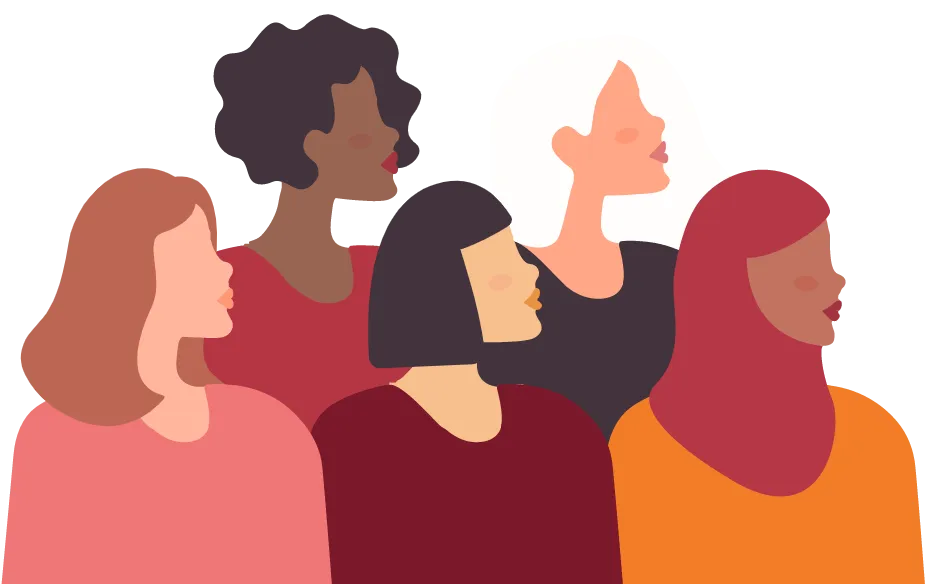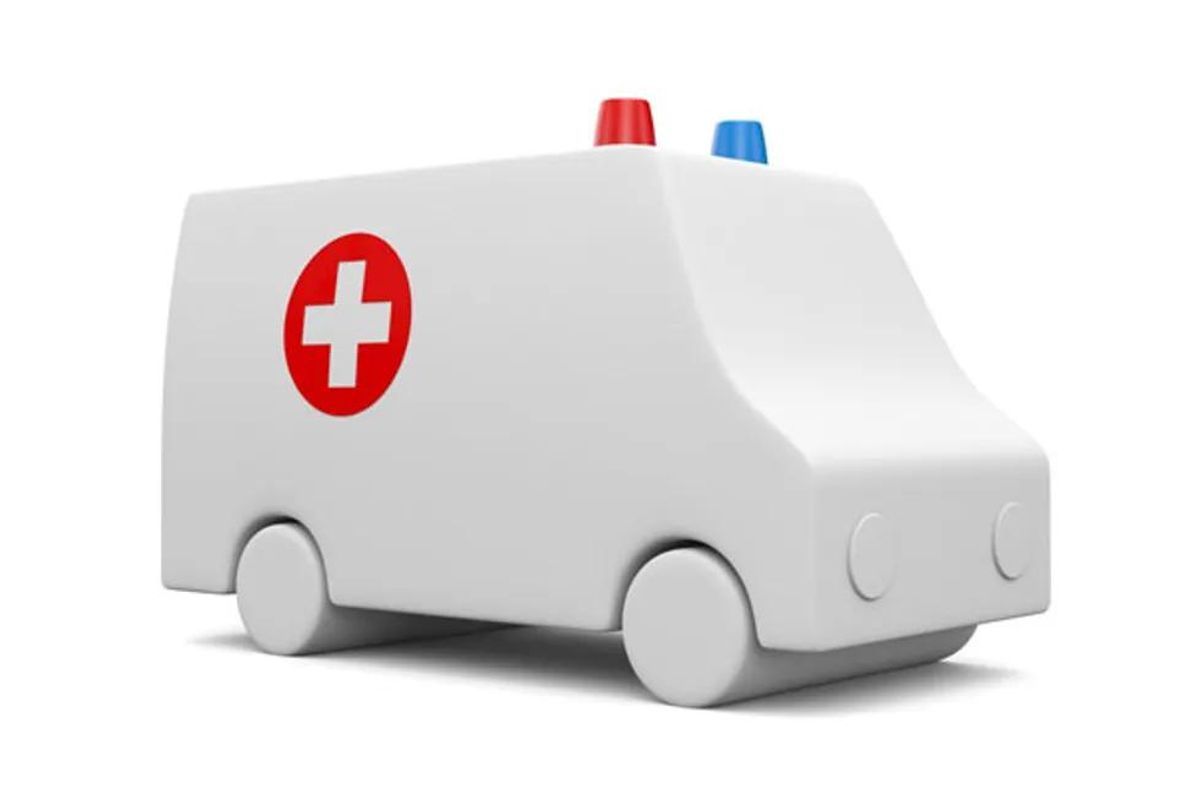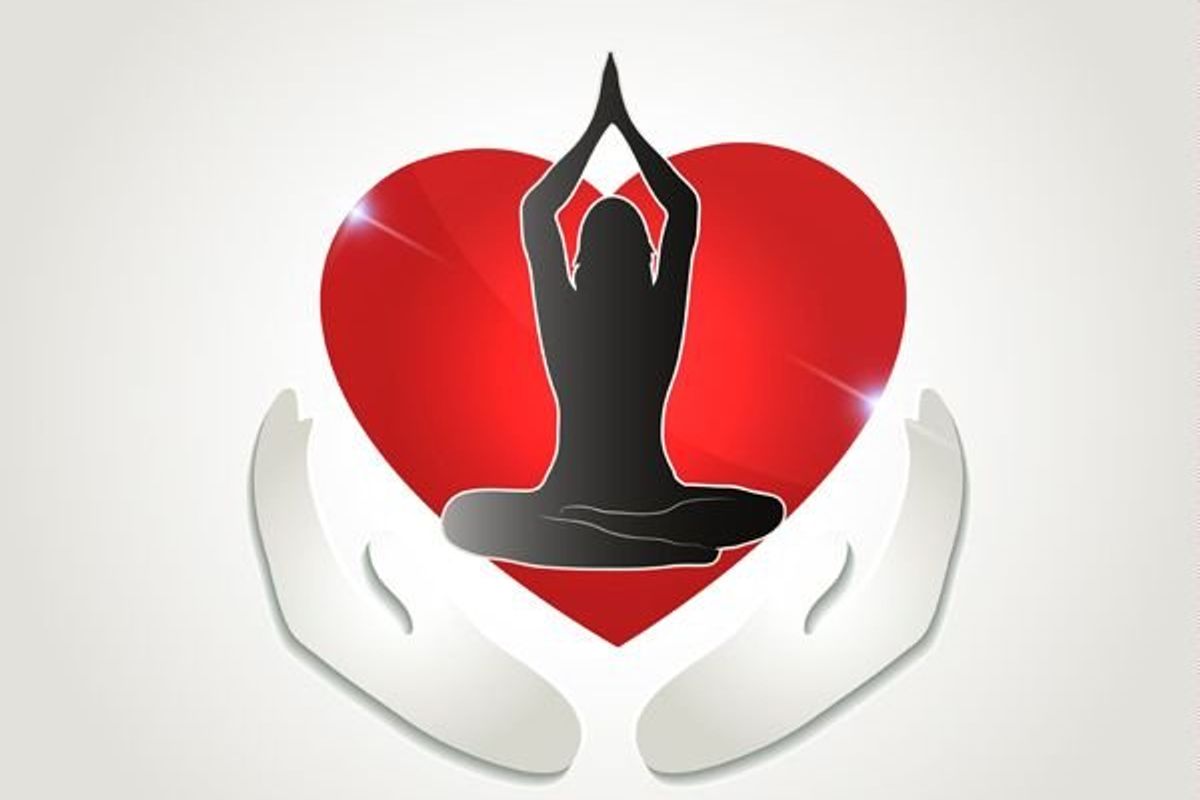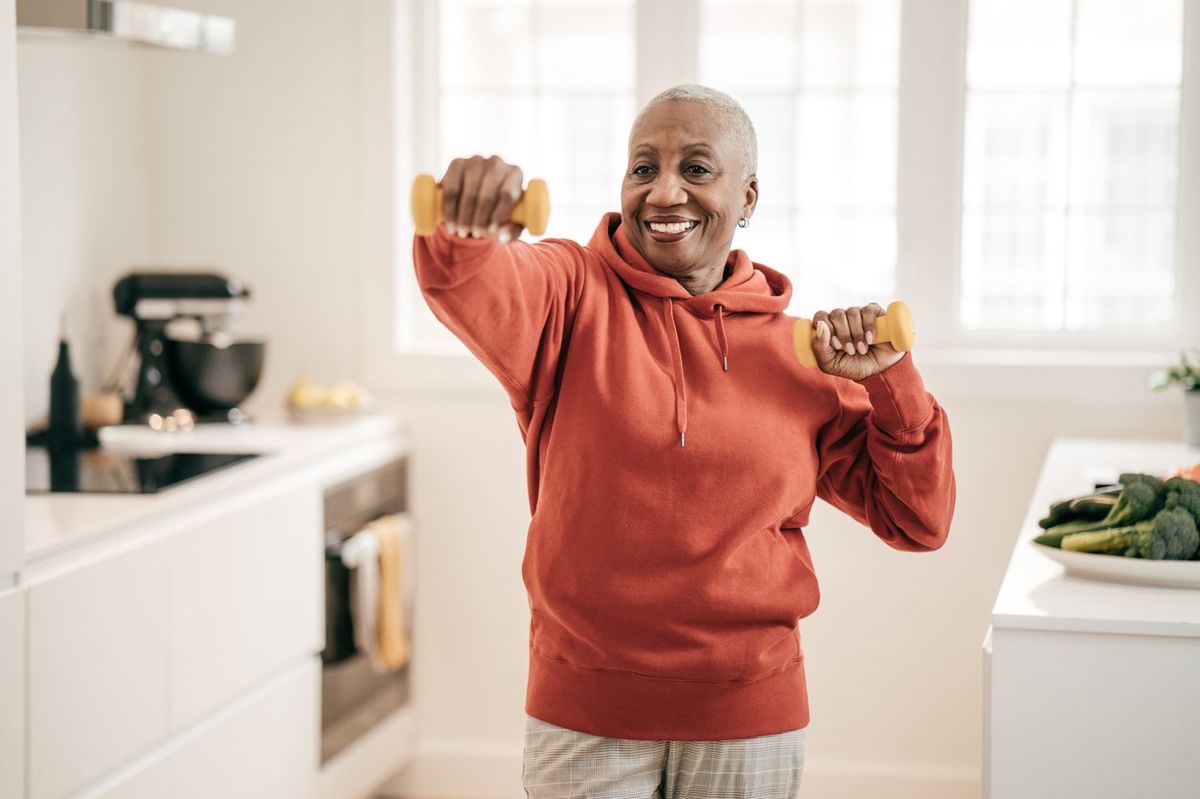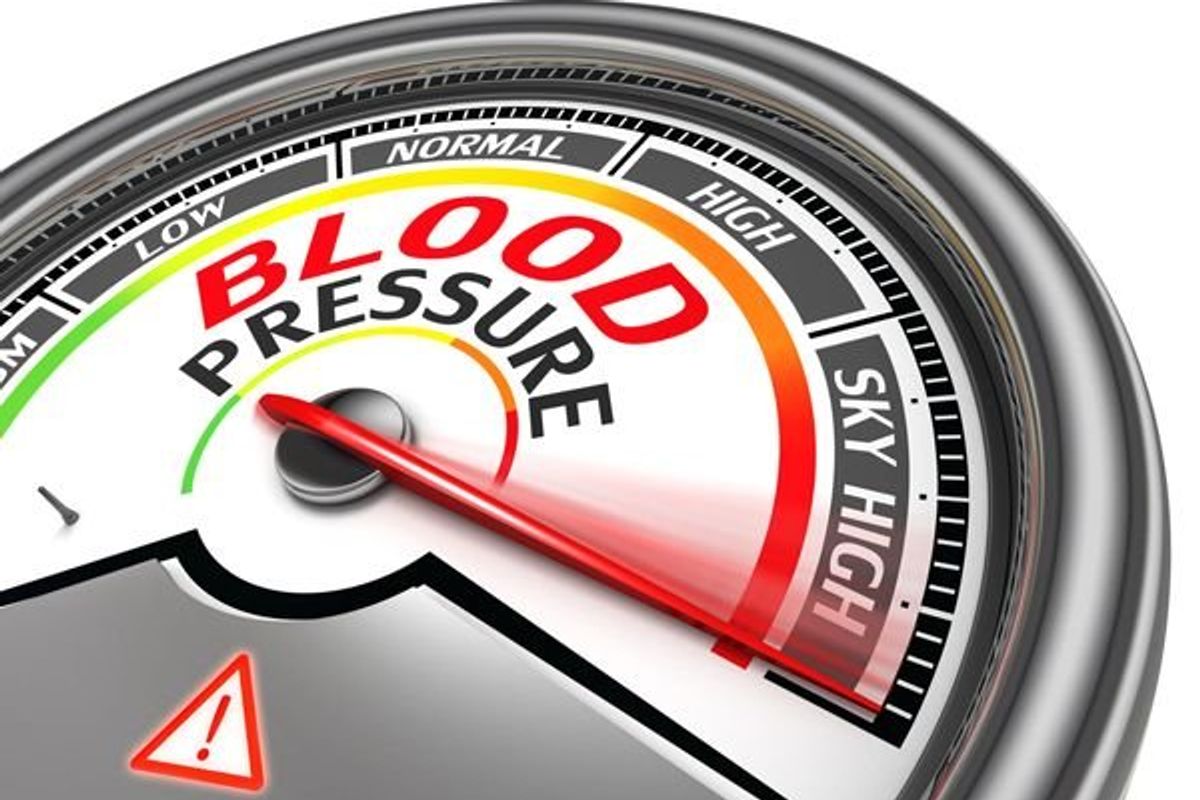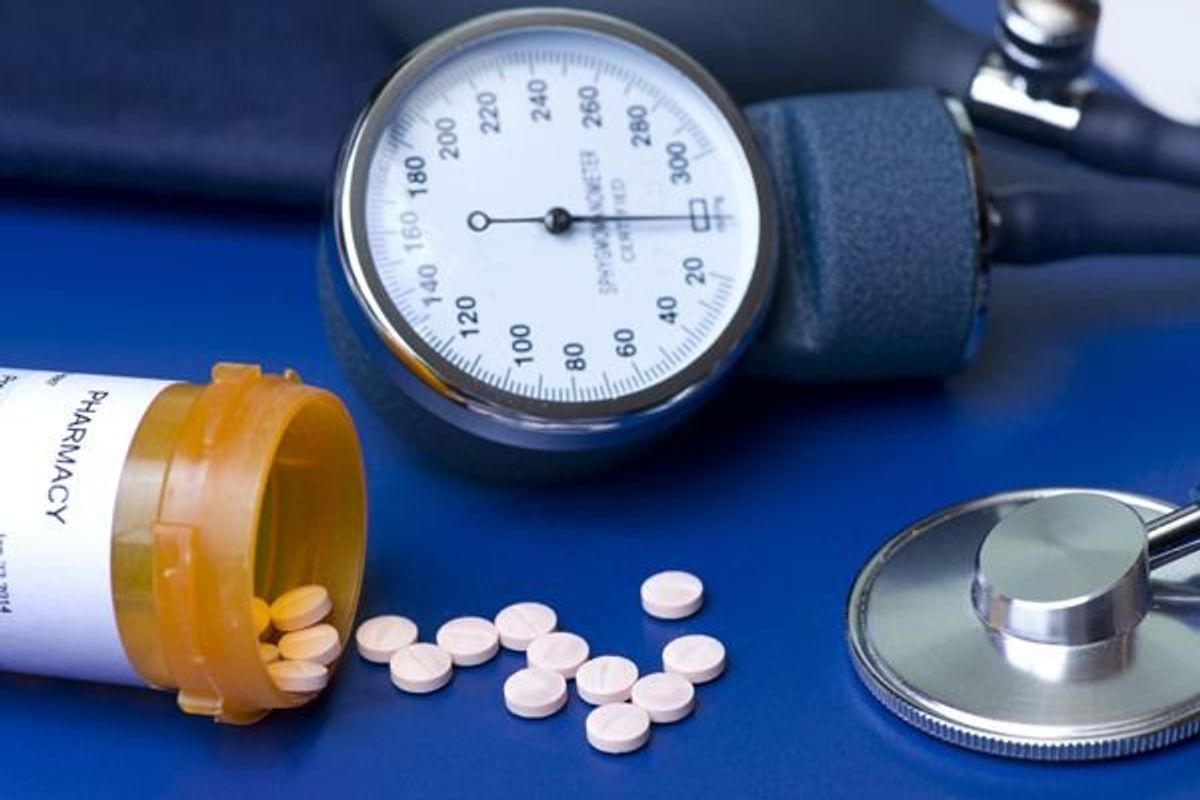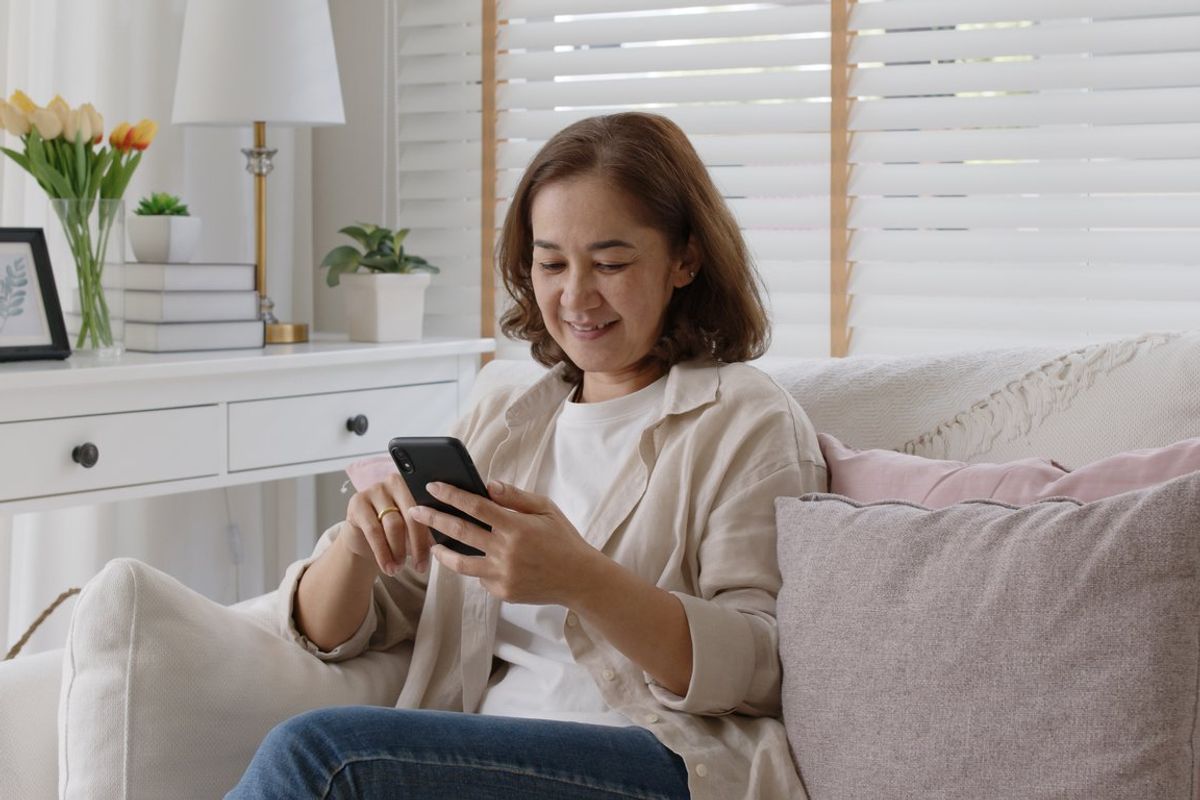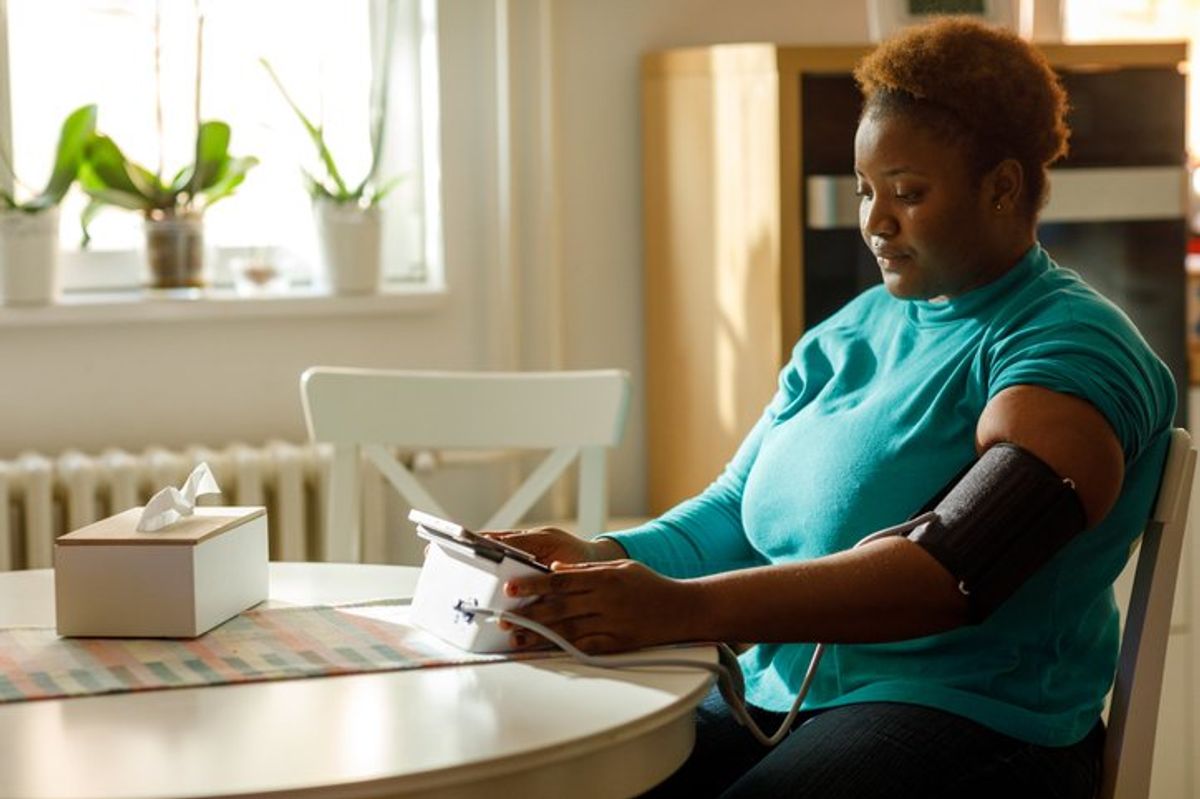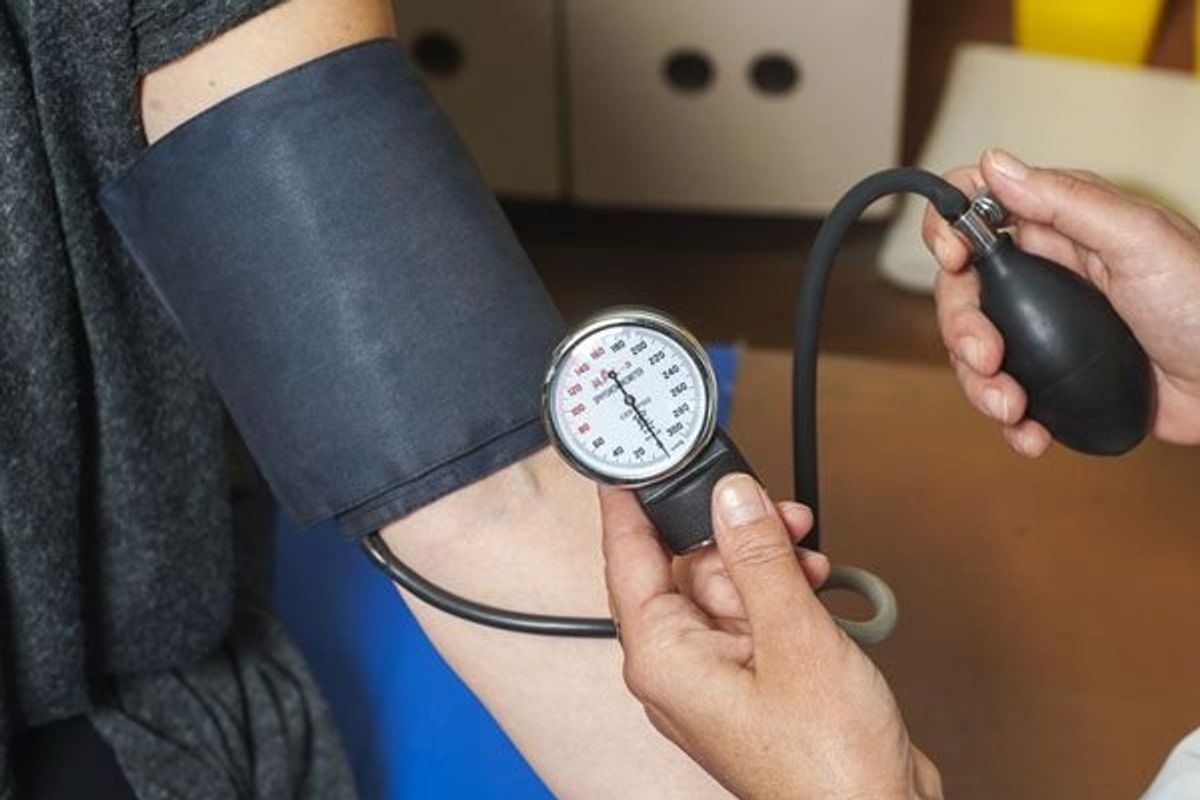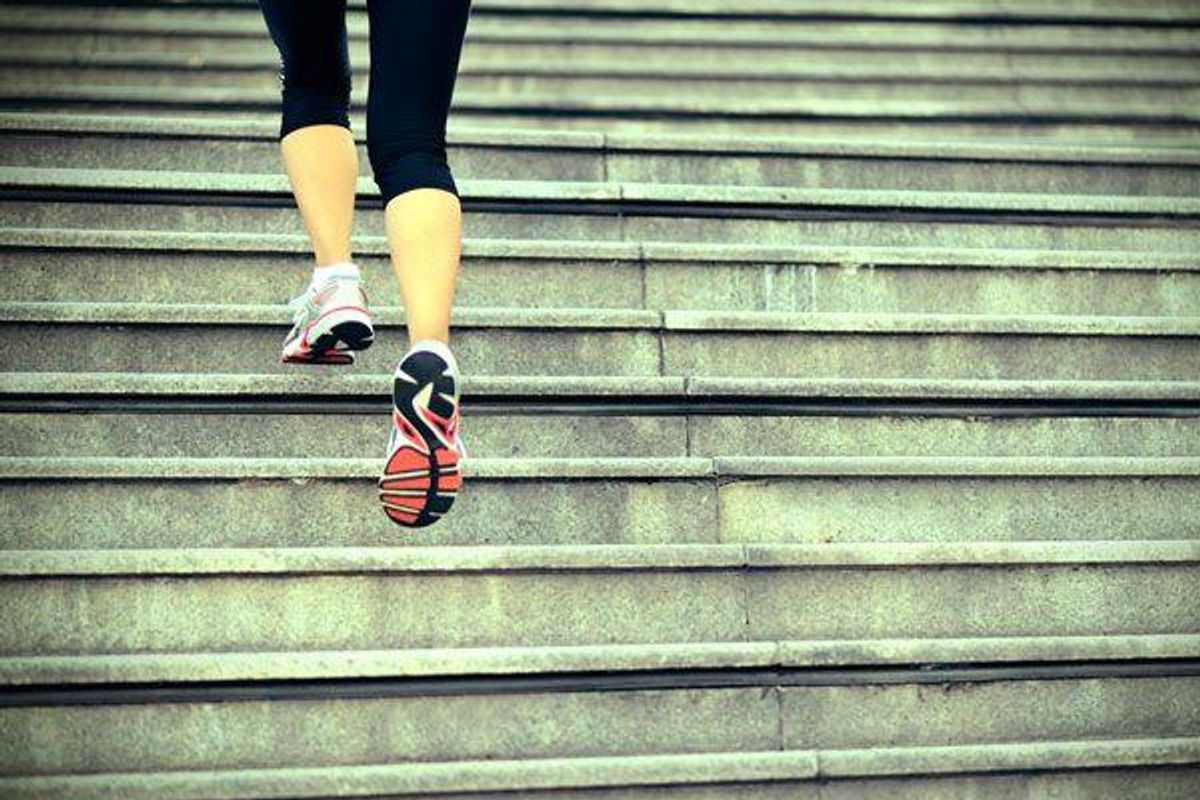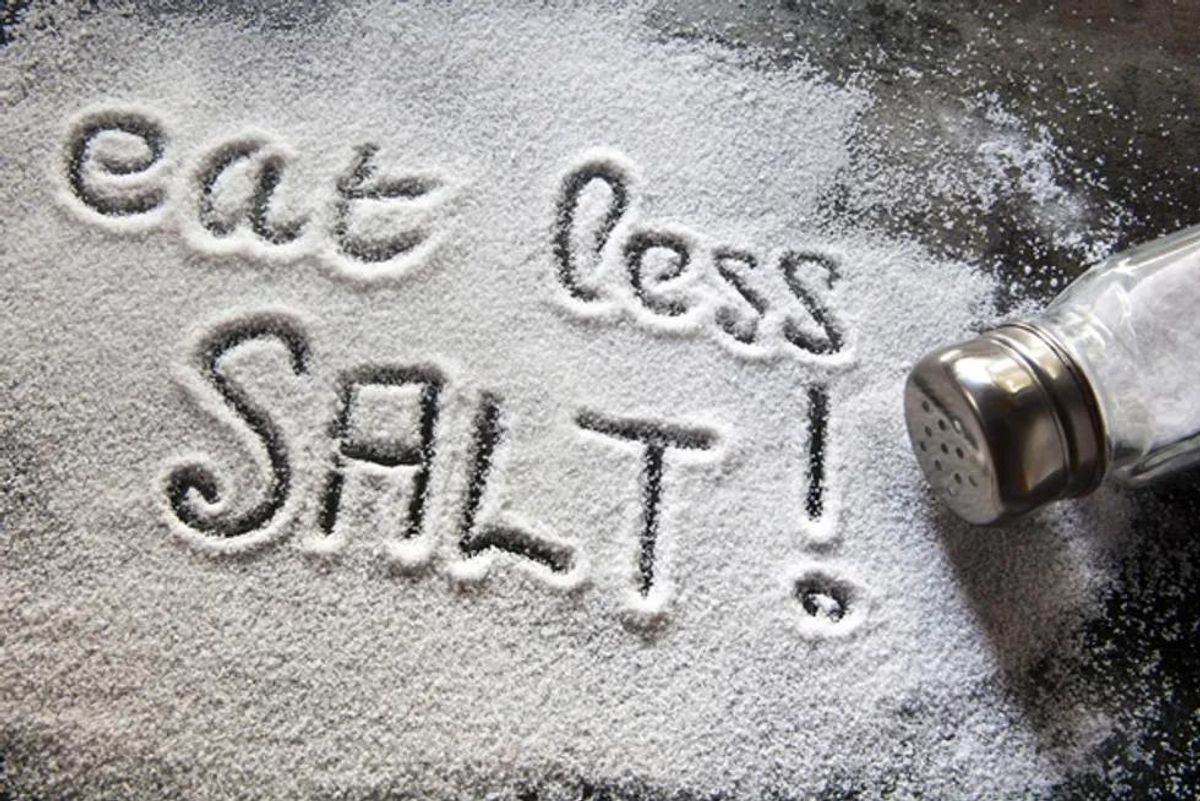Search powered by AI
high blood pressure
Hypertension Forced Me to Have My Baby Preterm. There Were No Warning Signs.
Being 42 years old, I knew I was at a higher risk for pregnancy complications, but this came out of nowhere and turned my world upside down
Clinically Speaking: Questions to Ask Your Healthcare Provider About Preterm Birth
1 baby in 10 is born too soon in the U.S. each year. Is your baby at risk?
Improve Your Heart Health After Menopause
Heart disease is the leading cause of death in women. Dr. Nieca Goldberg tells us how we can reduce our risk.
Did You Know There Are Early Warning Signs for Hypertension?
One of the most dangerous things about hypertension, also known as high blood pressure, is that it can damage a woman's body without even being noticed. Here's what you need to know.
How to Eat to Your Heart’s Content
Learn how to feed yourself and your family a menu that will make your cardiologist smile.
Beware: Low Blood Pressure May Be Hazardous to Your Health
Medical experts disagree on how low blood pressure should be. It varies based on the individual, and it's important to know the risks and benefits for you.
Why You Should Eat Flaxseeds
Flaxseeds are touted as a superfood that can do all sorts of good things for the body. But, do you know what flaxseeds could do for you?







